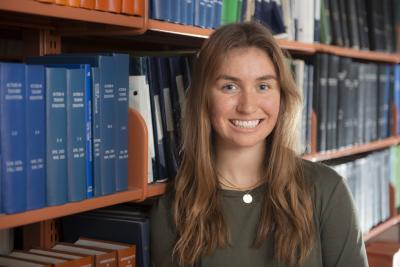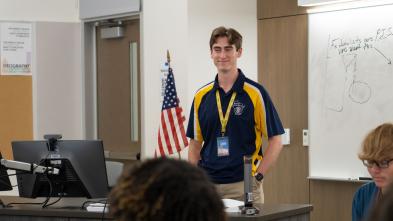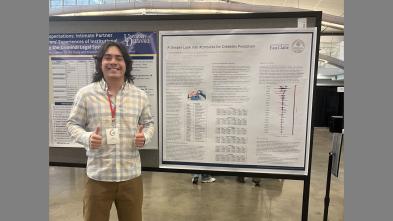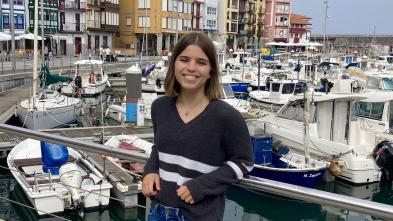Featured Image
For the media
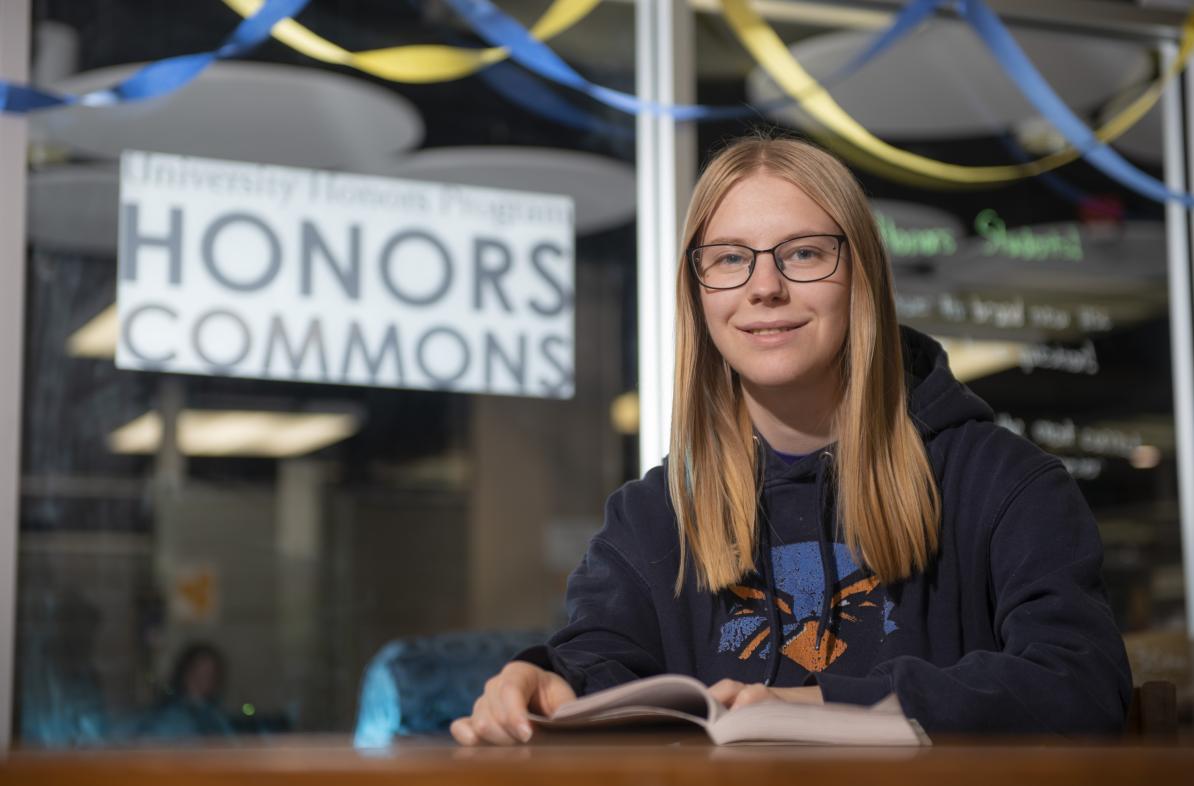
Title
New Honors Fellowship program prepares Blugolds to be future community leaders
Authored on
New Honors Fellowship program prepares Blugolds to be future community leaders
Published on:
Intro text
University of Wisconsin-Eau Claire freshmen Jasmine Pearson and Sophia Curran-Moore have very different career aspirations — one hopes to be a researcher and the other a teacher — but they share the goal of someday being leaders in their communities as well as in their professions.
Sections
For the media
For the media
Image download
